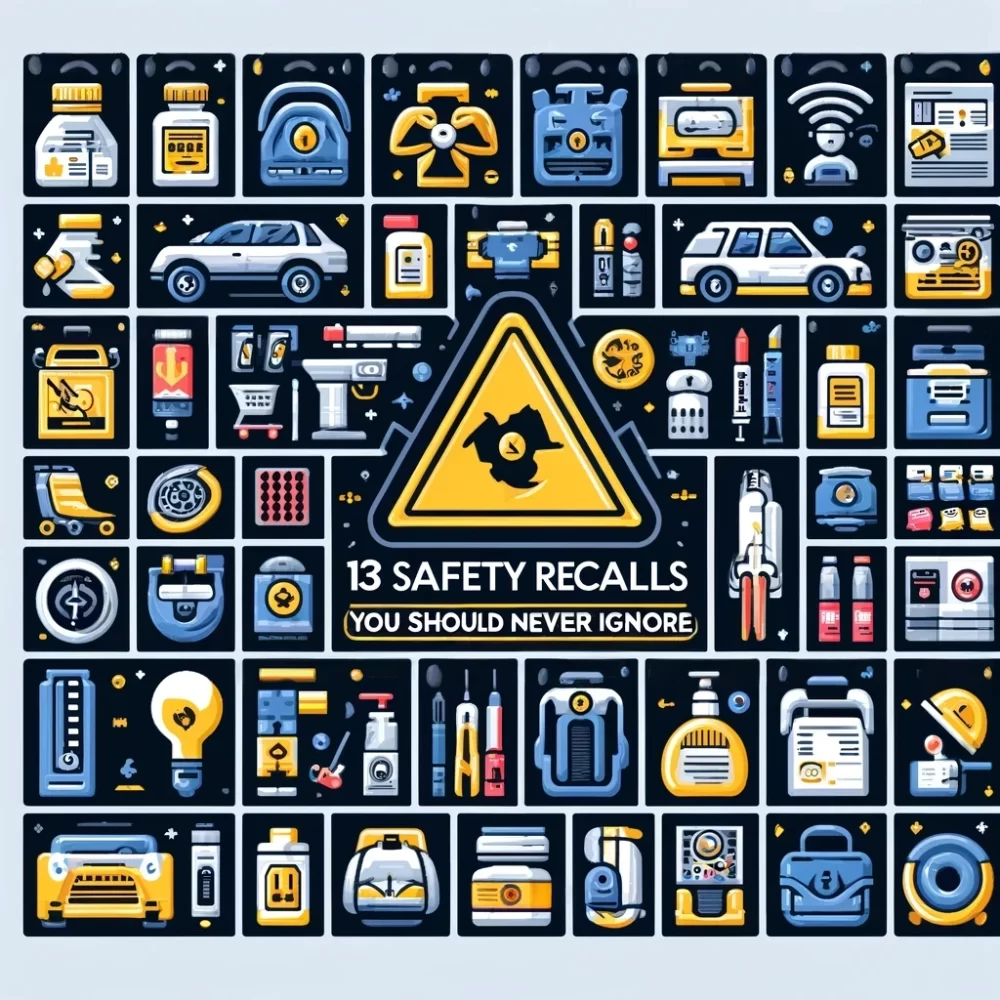
In today’s consumer-driven market, safety recalls are not uncommon. From vehicles to household products, safety defects can pose serious risks. However, it’s easy to overlook recall notices amidst our busy lives. This article highlights 13 critical types of safety recalls that you should never ignore to ensure your safety and the well-being of those around you. Each recall mentioned here is associated with significant hazards, making awareness and prompt action essential.
1. Automobiles

Vehicle recalls are among the most critical, often issued for problems that can affect the safety of the driver and passengers. Issues may include faulty airbags, brake failures, or engine defects that can lead to accidents. If you receive a recall notice for your vehicle, it is crucial to schedule a repair immediately. Most repairs under recall are carried out at no cost to the owner, ensuring safety without financial burden.
Furthermore, keeping up with auto recalls can prevent more severe complications down the line, potentially saving lives and reducing the risk of costly repairs due to underlying defects that worsen over time.
2. Child Car Seats

Child safety products, especially car seats, are subject to rigorous safety standards. When a recall is issued for a car seat, it usually addresses risks of injury in an accident. Such recalls often involve faulty buckling mechanisms or inadequate crash protection. Since the stakes involve the safety of children, responding to these recalls swiftly is non-negotiable.
Parents and guardians should regularly check if their child’s car seat has been recalled by visiting safety regulatory websites and ensure that they follow through with the recommended actions, which might include replacing a part or returning the seat altogether.
3. Pharmaceuticals
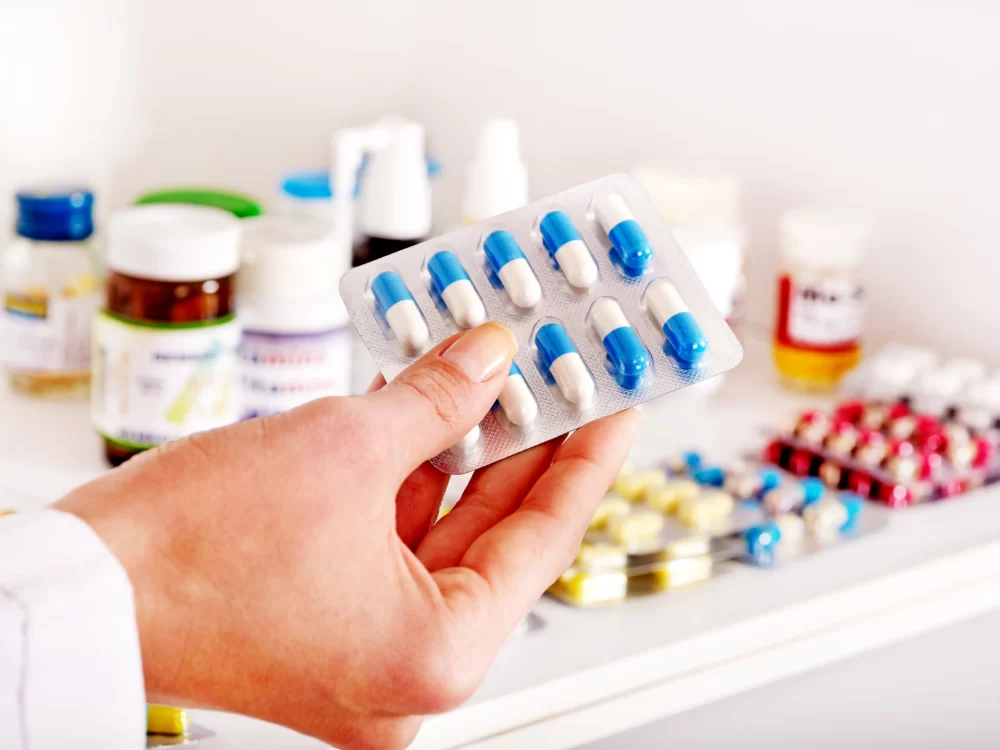
Medications that have been recalled may pose immediate health risks, such as contamination, incorrect dosage, or dangerous side effects not previously disclosed. It is vital to pay attention to pharmaceutical recalls to avoid potentially life-threatening health issues. If you use a medication that has been recalled, contact your healthcare provider immediately to discuss safe alternatives and monitor for any health implications.
Staying informed through updates from your pharmacy and health care provider can prevent serious health consequences and ensure continuity in your healthcare management.
4. Electrical Appliances
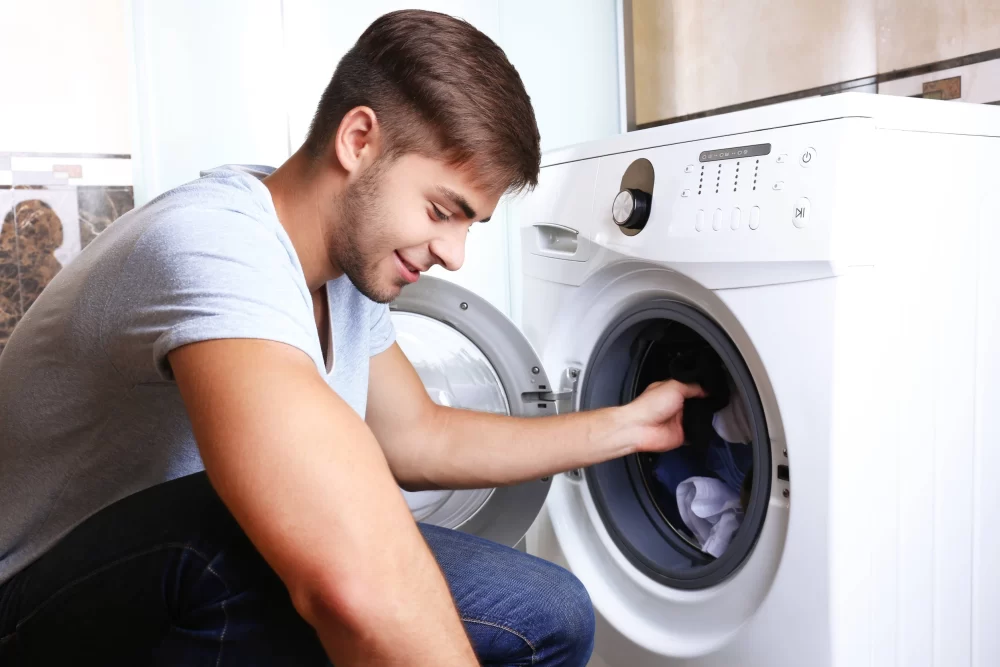
Recalls on electrical appliances typically relate to risks of overheating, fire, or electrical shocks. Commonly recalled items include heaters, chargers, and large appliances like refrigerators and dryers. Ignoring such recalls can lead to dangerous accidents or costly damages to your home.
Upon receiving a recall notice for any electrical appliance, it’s advisable to disconnect the appliance immediately and follow the manufacturer’s instructions for repair or replacement.
5. Toys

Toy recalls often concern choking hazards, toxic materials, or unsafe designs. Supervising children and keeping abreast of toy recall announcements can prevent injuries and ensure that playtime remains safe. This is particularly crucial during the holiday season when new toys are frequently purchased.
When a toy is recalled, returning it or following the recall instructions ensures that children are only exposed to safe and tested products.
6. Food Products

Food recalls are issued for reasons like contamination with pathogens, presence of foreign materials, or incorrect labeling (including undeclared allergens). Consuming recalled food products can lead to severe health issues or allergic reactions. Always check food recall announcements, particularly if you have severe allergies, and remove any affected products from your home immediately.
7. Electronics

Electronics, including smartphones and laptops, can be recalled for safety issues like battery problems that may pose fire risks. Considering the frequent use and proximity of these devices to our bodies, taking immediate action on such recalls is essential for personal safety.
8. Medical Devices
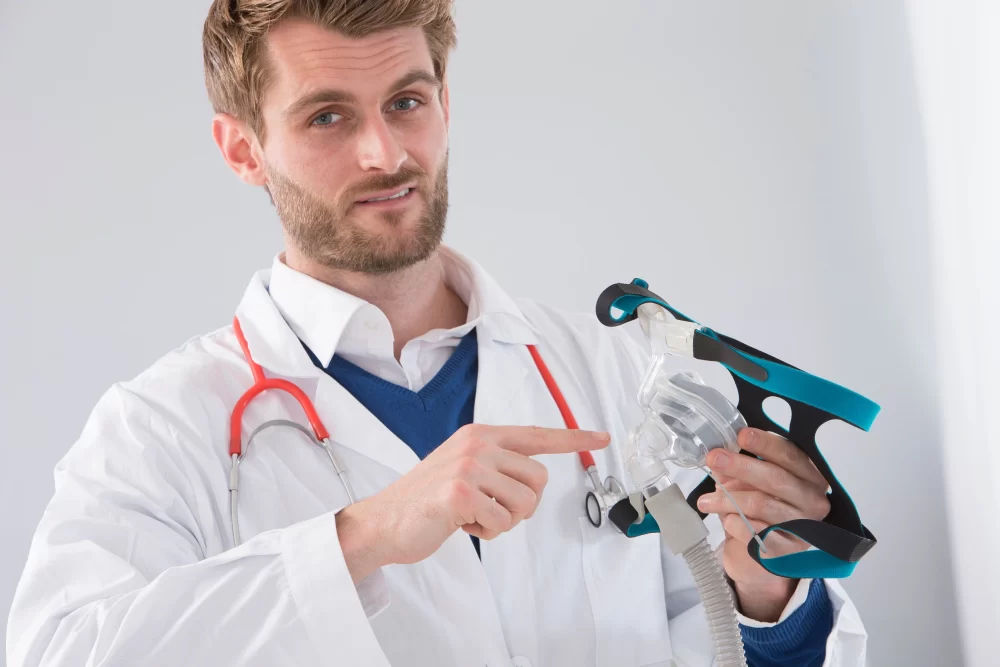
Recalls for medical devices can involve anything from surgical implants to hospital monitors, where malfunctions could result in dire health consequences. Patients using or who have been treated with recalled medical devices should contact their health providers for advice and necessary actions to mitigate any risks.
9. Building Materials

Building materials such as paints or electrical fixtures may be recalled due to toxic substances or failure risks. Using recalled building materials can affect structural integrity or lead to health issues over time due to exposure to harmful chemicals.
10. Fitness Equipment

Recalled fitness equipment can be hazardous if structural or mechanical faults are present. These flaws could potentially cause injury during use. It’s essential to follow recall instructions, which might involve ceasing use immediately, awaiting repair kits, or returning the product for a refund.
11. Outdoor Gear

Outdoor gear like bicycles or camping equipment, if found defective, could compromise safety during activities. Recalls generally address risks of falls or malfunctions, so keeping informed and responsive is crucial for outdoor enthusiasts.
12. Pet Products

Pet product recalls, especially for items like feed or toys, are issued due to potential health risks to animals. Pet owners should take these recalls seriously to protect the health of their pets by discontinuing use of recalled items immediately.
13. Cosmetics

Cosmetics can be recalled for reasons ranging from bacterial contamination to mislabeling of ingredients. Using affected products can lead to skin irritations or more severe health issues. Always stay updated on cosmetic recalls and remove unsafe products from use right away.
Regularly Check for Product Recalls
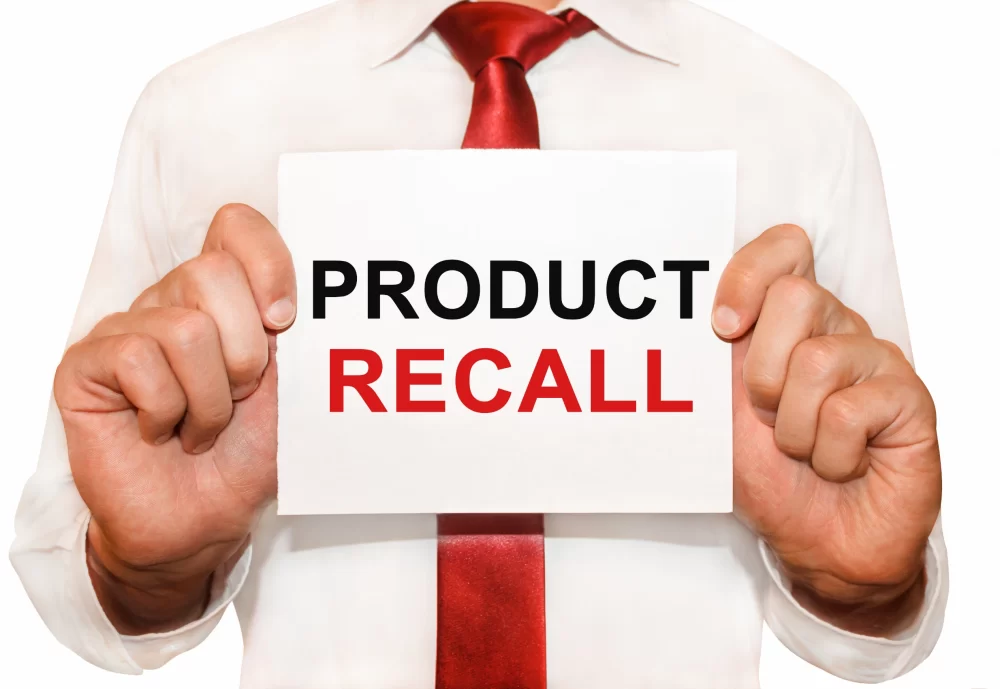
Staying informed and proactive about product recalls is crucial for ensuring personal safety and protecting your investments. Regularly checking official recall websites and registering your products can help you receive timely notifications. If you encounter a recall notice, act immediately to mitigate any potential risks. Remember, when it comes to recalls, it’s always better to be safe than sorry. Let’s keep our homes and families safe by staying alert and informed.



